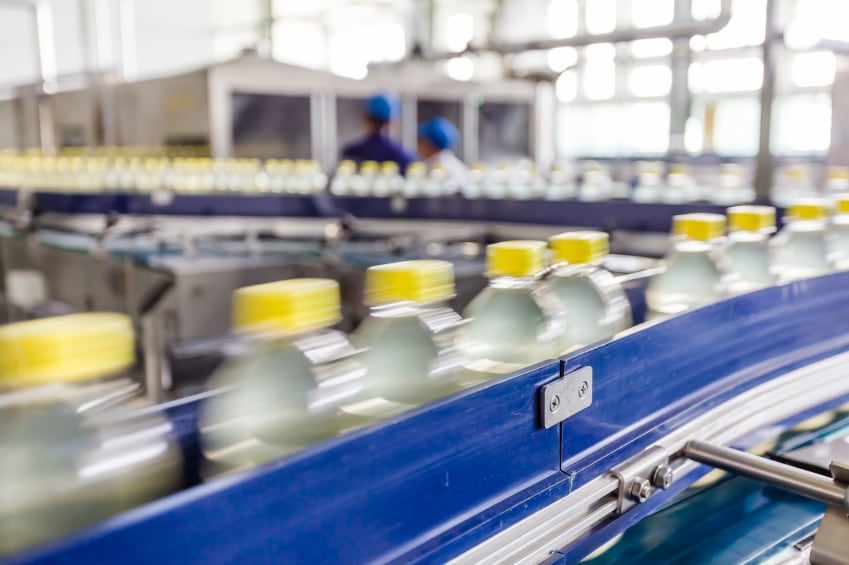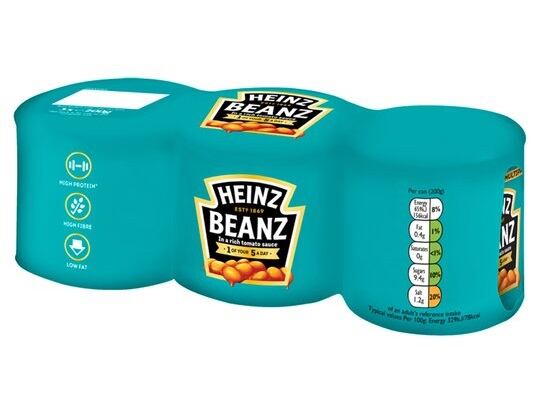FDF Chief Executive Ian Wright, said: “It is very disappointing that government has decided to press ahead with the plastics tax. This will penalise many food and drink producers who are bound by strict food safety rules affecting the packaging they use. We urge the government to rethink how money raised through this tax can be used to transform the UK's recycling infrastructure and will continue to work with them on the detail.”
Following consultation in spring 2019, the government announced in Tuesday’s (11 March) budget that it will introduce a new Plastic Packaging Tax from April 2022 to incentivise the use of recycled plastic in packaging and help tackle what it called the scourge of plastic in the natural environment. An additional £700,000 will establish the Extended Producer Responsibility scheme, designed to encourage producers to make their packaging more recyclable and reduce the amount of unnecessary packaging in their products.
“From April 2022 we will charge manufacturers and importers £200 per tonne on packaging made from less than 30% recycled plastic. That will increase the use of recycled plastic and packaging by 40%, equal to carbon savings of nearly 200,000 tonnes,” said the UK Chancellor of the Exchequer Rishi Sunak.
What about food waste?
The Sustainable Food Trust welcomed the move. A spokesperson told FoodNavigator: “As this is not a ban on plastic packaging, only a requirement that 30% should be from recycled sources, the two-year lead-in should enable retailers to source plastics which comply with the new regulations and will therefore have very little impact on food waste.”
But it too reiterated the need for the polluter pays principle. “We should be made financially accountable for the negative impact of our current practices, as long as such policies are fairly applied.”
Helen Bird, Strategic Engagement Manager at WRAP, the group behind the UK Plastics Pact initiative, which aims to create a circular economy for plastics, said: “WRAP welcomes the plastic packaging tax in order to stimulate the use of recycled content, particularly at a time when economic uncertainties can impact the price of virgin plastic. However, it should be recognised that there are types of plastics and plastic packaging where it will not be possible to achieve a 30% recycled content, and this is why under The UK Plastics Pact, the target relates to an average of 30% across all plastic packaging. As far as possible, money levied from the tax should be used for research and innovation to unlock these barriers.”
Green new Tories
Elsewhere in the budget – nicknamed the ‘coronavirus budget’ -- in which Sunak unveiled a £30 billion package to boost the economy and get the country through the outbreak – the government froze spirits duty for this year and allocated £10 million for R&D spending to help decarbonise UK distilleries, including the whisky sector.
Good news for the Scottish food and drink sector
Meanwhile, the 'GREAT Britain and Northern Ireland' campaign will fund a £1 million campaign to promote the Scottish food and drink sector. This will include additional trade promotion to increase awareness and change perceptions of Scottish food and drink exports, including Scotch whisky.
“The UK's food and drink manufacturers will have mixed views about today's Budget. It is very welcome that the Government has listened to FDF's call to extend the Climate Change Agreements (CCA) for two years. This will help businesses transition to the lower carbon economy we all want to see. The CCA scheme is essential in facilitating the industry's pathway to zero carbon in 2050,” added Wright.
“The short-term measures announced by the Bank of England and the Chancellor today to help businesses manage the impact of COVID-19 are very welcome. The UK's food and drink supply chain is efficient and well managed and manufacturers have robust procedures in place. We will continue to brief government on emerging impacts as the situation develops.”
However, he complained there were no support measures announced in the budget for those manufactures feeling hit by the US tariffs on food and drink.
“There will be many manufacturers, including producers of shortbread and dairy, that are badly affected by the punishing US tariffs on food and drink. They will be feeling perplexed as to why they do not qualify for the additional support outlined today. We urge government to re-assess the types of businesses who can access this support to ensure exporters across all regions of the UK can access essential support.”





